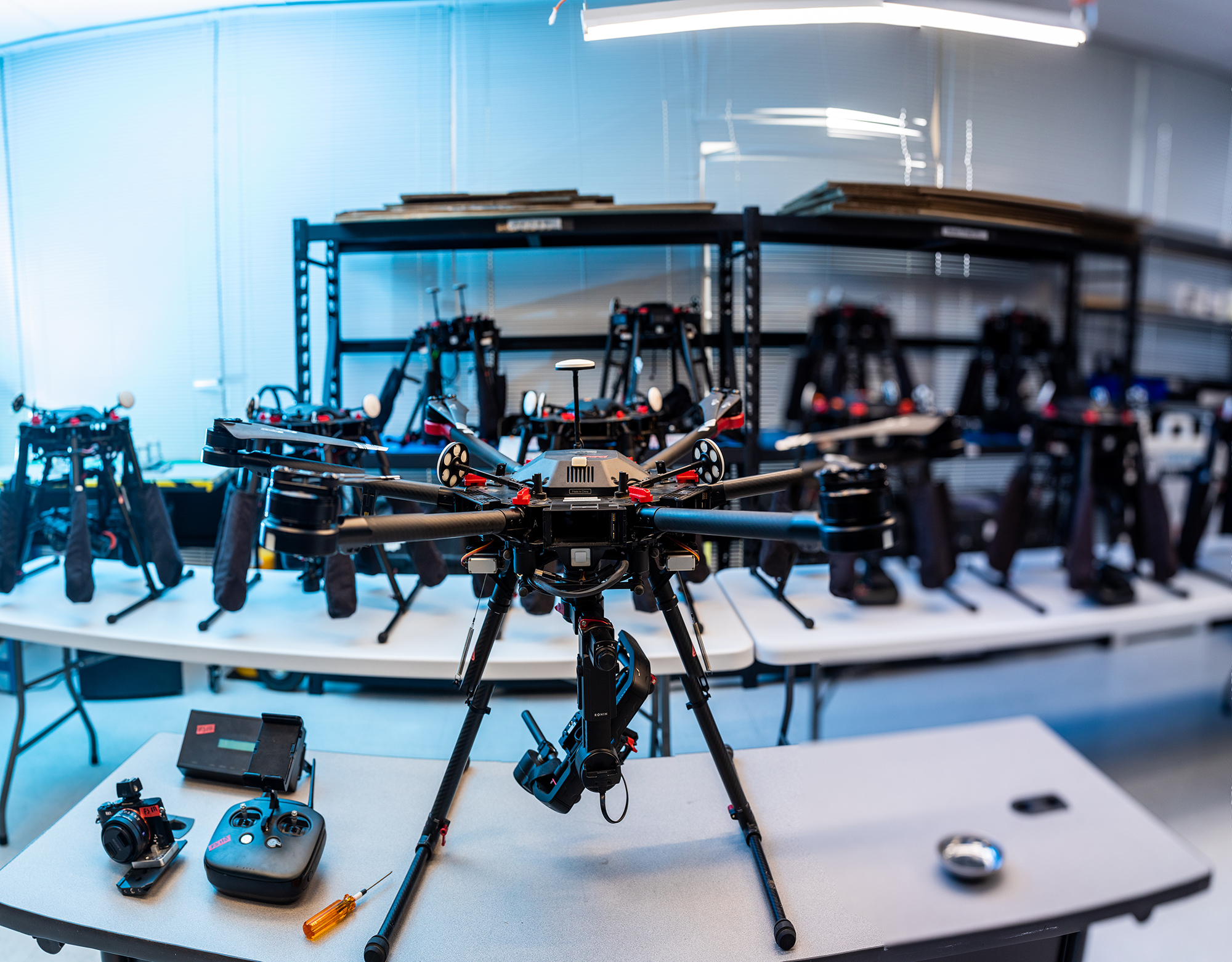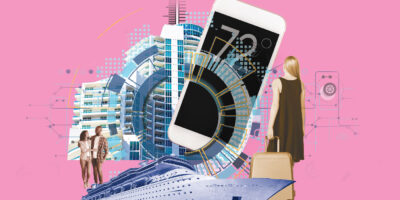
5G technology is the next generation of wireless communication that promises to deliver faster speeds, lower latency, and higher capacity. 5G technology is not only a breakthrough for mobile devices, but also a game-changer for the Internet of Things (IoT), which refers to the network of connected devices that can collect, exchange, and process data.
IoT devices range from smart home appliances, wearables, and vehicles, to industrial machines, sensors, and drones. IoT devices can benefit from 5G technology in many ways, such as improved performance, reliability, security, and energy efficiency. In this article, we will look at some of the real-world applications of 5G technology in IoT and how they will enhance our daily life.
One of the most exciting applications of 5G technology in IoT is autonomous driving. 5G technology allows cameras to stream high-definition video to cloud servers, where artificial intelligence can analyze the data and send back commands to the vehicles. This enables vehicles to communicate with each other and with the infrastructure, such as traffic lights and signs, and make decisions that can save lives. 5G technology also enables vehicle-to-everything (V2X) communication, which allows vehicles to share information with pedestrians, cyclists, and other road users.
Another application of 5G technology in IoT is smart manufacturing. 5G technology enables factories to connect various machines, robots, sensors, and cameras, and create a digital twin of the physical environment. This allows manufacturers to monitor, control, and optimize the production process in real time. 5G technology also enables remote operation and maintenance of machines, as well as augmented reality and virtual reality training for workers.
A third application of 5G technology in IoT is smart healthcare. 5G technology enables remote diagnosis and treatment of patients, as well as telemedicine and telehealth services. 5G technology also enables wearable devices that can monitor vital signs, such as blood pressure, heart rate, and glucose levels, and alert doctors in case of emergencies. 5G technology also enables surgical robots that can perform delicate operations with precision and accuracy.
These are just some of the examples of how 5G technology is transforming the world of IoT. According to the International Telecommunication Union (ITU), there are three application scenarios of 5G technology: enhanced mobile broadband (eMBB), which provides high-speed data for mobile devices; ultra-reliable low-latency communication (URLLC), which provides reliable and responsive connectivity for critical applications; and massive machine-type communication (mMTC), which provides massive connectivity for a large number of devices.
5G technology is expected to have a significant impact on various industries, such as transportation, manufacturing, healthcare, education, entertainment, and agriculture. 5G technology will also enhance our daily life by enabling new services and experiences that were not possible before. 5G technology is not just a faster version of 4G; it is a new paradigm that will revolutionize the world of IoT.









